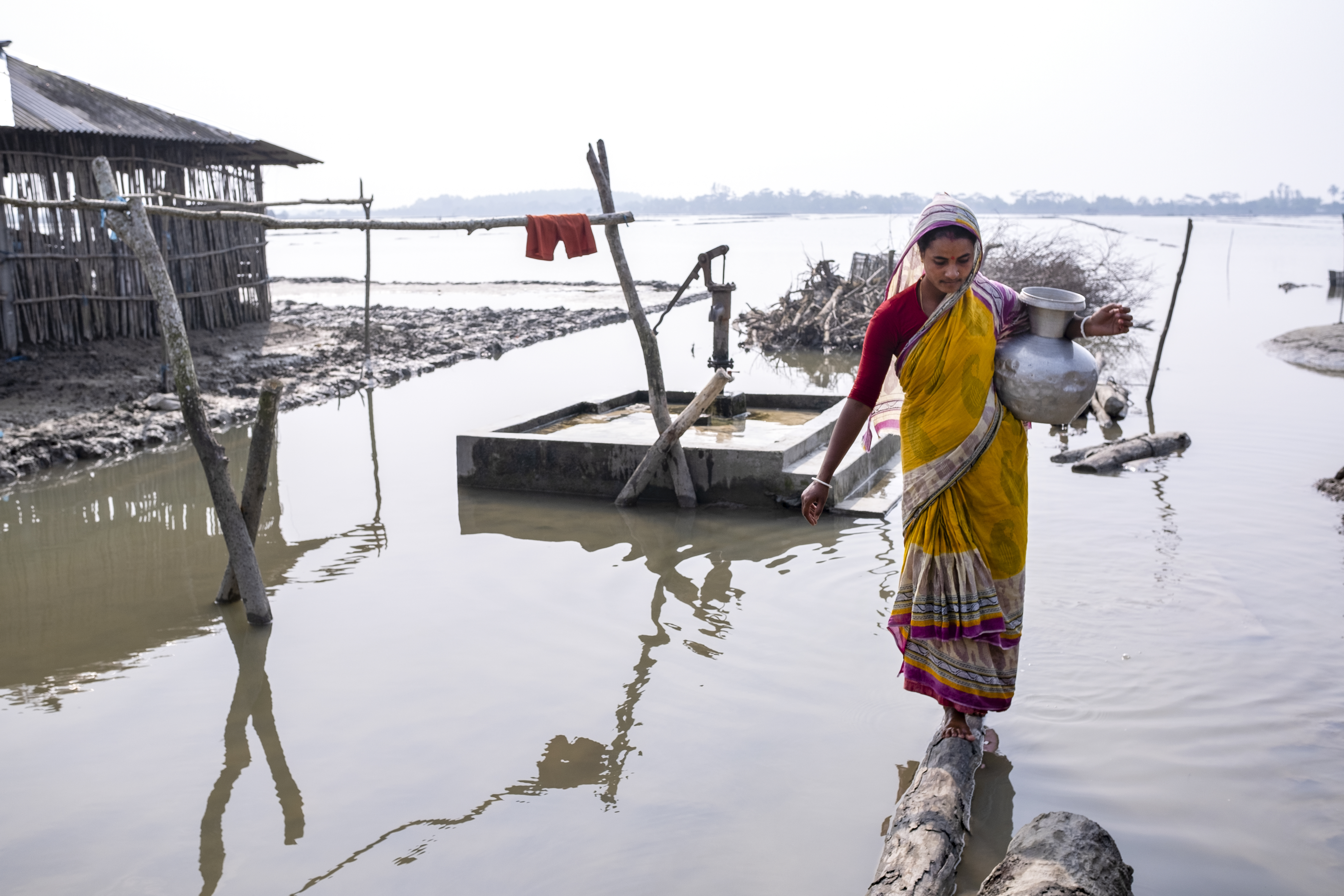By Tuhin Wadud
My work with the environment and rivers often takes me to remote areas across different regions of the country. I’ve seen up close how climate change is making life unbearable for people in these areas. That’s what made me realise why these places need greater government attention. While studying the allocation of government resources in areas affected by climate change, I came to learn about the term “climate vulnerability”.
I learned from a government circular issued by the local government ministry that to ensure appropriate development allocations for climate-affected areas, the government has introduced an initiative called the Climate Vulnerability Index. This initiative has been strategically supported and advanced by the United Nations Capital Development Fund (UNCDF) and the UNDP’s Local Government Initiative on Climate Change (LoGIC) project.
There had been no such initiative before. This programme marks the beginning of such efforts. The government’s circular also mentioned that the project was launched under this initiative. It is a commendable and praiseworthy step. However, after searching online and speaking with a few individuals working on disaster relief allocations, I found that this initiative has not received much publicity.
The LoGIC project, implemented under the Local Government Division of the Ministry of Local Government, Rural Development and Cooperatives (LGRD), is a joint initiative of the Government of Bangladesh, Sweden, Denmark, UNCDF, and UNDP.
Shortly after the interim government took office, it launched a very positive initiative for areas affected by climate change. On 26 September last year, a directive was issued by amending the Union Parishad Development Assistance Utilisation Guidelines 2021.
Read More on Prothom Alo
Read in Bangla

